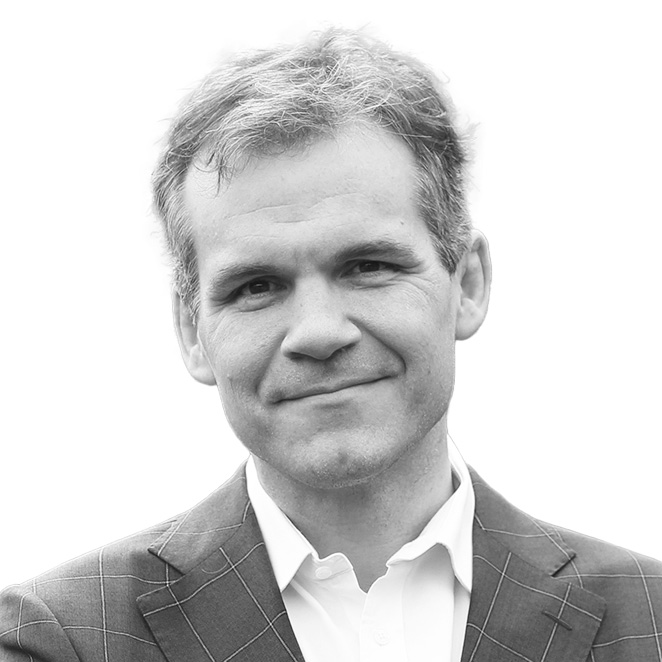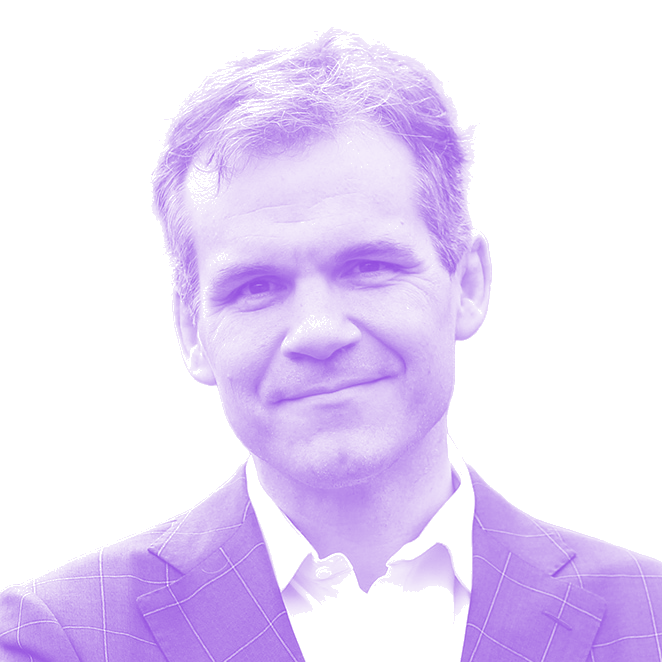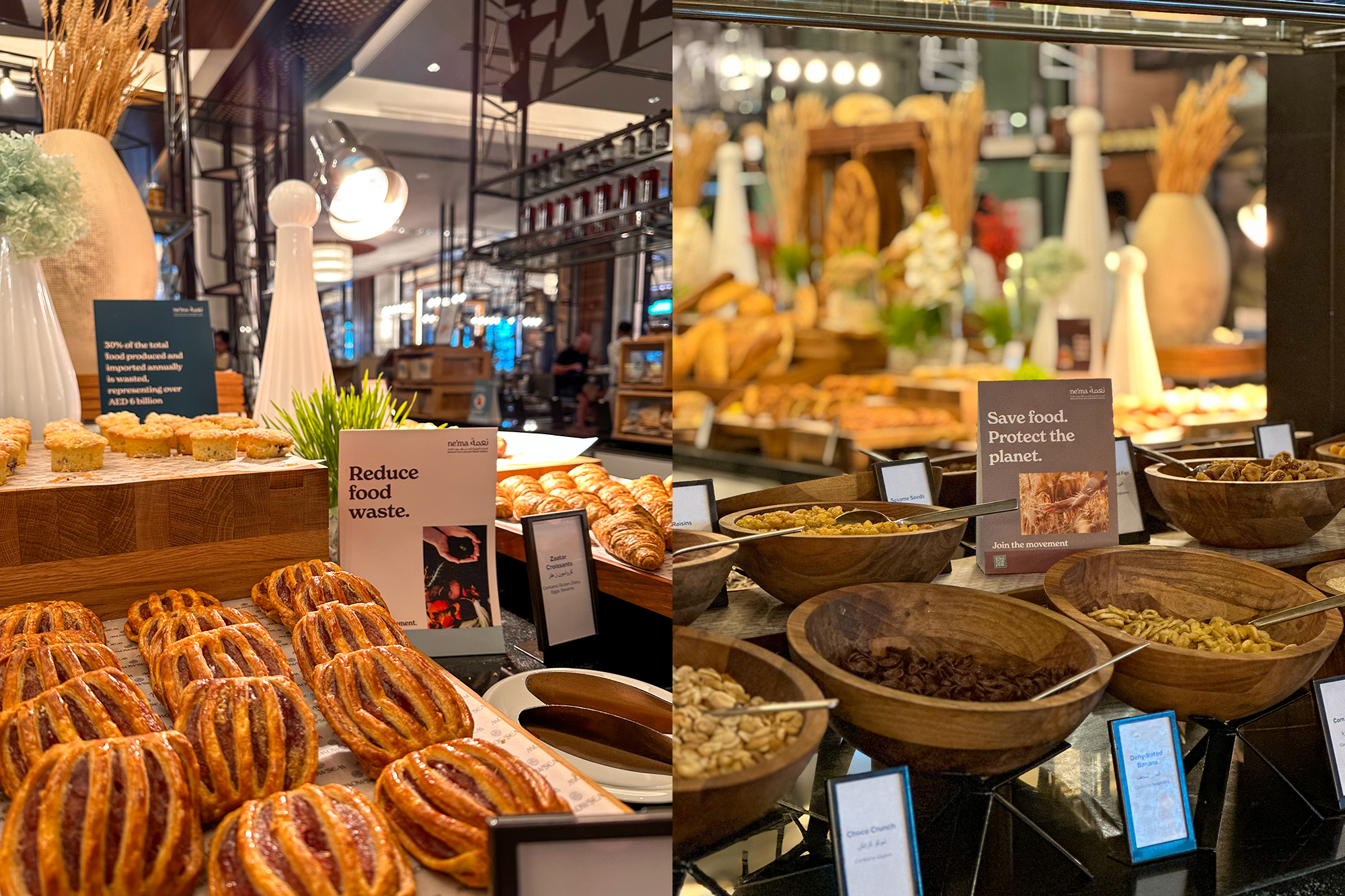The Future of Hospitality Is Waste-Free—But Technology Alone Won’t Get Us There


Synopsis
The hospitality industry is at a tipping point. Costs are rising, sustainability commitments are under greater scrutiny, and hotel operators are being held to higher standards by regulators, corporate clients, and guests alike.
Food waste, long seen as an unavoidable part of running a hotel, is now recognized as one of the industry’s largest hidden costs. Winnow tracks food waste in over 3000 locations worldwide: our data shows that 5-15% of all food purchased ends up in the bin. We’re seeing progress in policy, too. This February, the EU Parliament and Council agreed to the first-ever legally mandated EU-level targets to reduce food loss and waste. Once formally adopted, member states will need to cut food waste at the retailer and consumer levels by 30% by 2030. The message is clear: businesses that cannot measure and reduce waste face financial, reputational and regulatory threats.
Thankfully, our industry has the solutions. Forward-thinking groups like Hilton, Marriott, and Mandarin Oriental are already proving the value in tackling food waste - and tackling it at scale. Ten years ago, tackling food waste at scale was far more difficult. The technology wasn’t there yet. Most kitchens relied on manual tracking, guesswork, and outdated processes to manage waste. Today, we’re in a completely different world. AI has transformed what’s possible. Winnow’s own technology now operates using a dataset of over 500 million images of food waste, built up over 10 years and providing chefs with unprecedented insight into their kitchens.
And yet, despite these advancements, technology alone isn’t the answer. The hotels making the biggest strides in cutting waste are those where food waste reduction is embedded in company culture, from senior leadership to chefs on the ground. Hilton and Marriott are prime examples - where a combination of AI-powered solutions and a relentless, organization-wide focus on food waste reduction has led to some of the best results in the industry. Owning groups, too, are recognizing that to make real progress across diverse hotel portfolios, they need both the right tools and the right leadership mindset.
Technology and Culture: A Winning Combination
AI-powered food waste tracking has changed the game. Kitchens no longer need to rely on chefs manually recording what’s being wasted. With automated image recognition and real-time data, hotels can now pinpoint where waste is happening, why it’s happening, and how to stop it. But as powerful as technology is, the hotels seeing the biggest impact are those where waste reduction isn’t just a sustainability initiative - it’s a business priority.
Hilton’s approach is a case in point. Campaigns such as Green Breakfast and Green Ramadan have seen waste reductions scaled across multiple hotels, with a network of chefs and stakeholders sharing learnings to create a blueprint for success.
The results speak for themselves. Green Breakfast saw a 62% reduction in breakfast waste across 13 hotels in 4 months. In 2023, Green Ramadan saw waste at Iftars and Suhoors reduced by over 60% in 3 hotels in the UAE. In 2024, the initiative was scaled to 32 hotels in seven countries, with waste reduced by a further 21%.

At Hilton’s recent EMEA Food & Beverage Conference in Istanbul, food waste was front and center. A challenge was set to scale Hilton EMEA’s food savings from 4 million meals per year to 10 million. By equipping chefs with the best technology while embedding food waste reduction into leadership strategy, Hilton is proving that major reductions can be achieved at scale.
Marriott has taken a similar approach. In early 2024, the company rolled out Winnow’s AI-driven food waste tracking across 53 hotels in the UK, Ireland, and Nordics, achieving a 25% reduction in just six months. But beyond the numbers, it’s the engagement from teams on the ground that’s made the difference. It’s been incredible to see the progress we’ve made,
Anna Pazdera, Executive Chef at Marriott Heathrow told us. The insights we’re getting allow us to make immediate adjustments in the kitchen, which not only helps us reduce waste but also gives us the opportunity to get creative with surplus ingredients - like turning banana peel into pulled pork for our signature vegetarian burgers.
A highlight for me was seeing David Marriott share a video on LinkedIn of himself cooking that very burger. Undoubtedly, Marriott’s progress on food waste is because the commitment runs all the way to the top.
Owning Groups: Overcoming Complexity to Drive Change
It’s not just brand-managed hotels leading the way. Hotel owning groups are increasingly recognizing that food waste reduction is a direct driver of profitability and ESG performance. They’re also under increasing pressure from investors to meet net-zero commitments. But implementing food waste initiatives at scale can be more complex for owners than it is for brands. Owning groups often manage a diverse mix of hotels operating under different systems, brands, and management structures. Rolling out centralized sustainability guidelines is more challenging, which is why many have historically been slower to act.
However, the most forward-thinking owning groups are now proving that progress is possible - and that when executed well, waste reduction delivers measurable financial returns. Winnow is currently being piloted by Pyramid Global Hospitality in North America. James Messinger, Corporate Director of Culinary Operations for the group, emphasizes that success isn’t just about installing the right tools - it’s about creating buy-in across teams.
We’ve engaged teams by connecting Winnow to our broader sustainability goals. We have created a sense of ownership and pride among staff through training, clear communication, and celebrating successes - like measurable reductions in waste.
Pandox, one of the largest hotel owners in Europe, has taken a similarly structured approach, mandating food waste tracking across all the kitchens they operate and setting clear group reduction targets. While standardizing sustainability measures across a portfolio with different operating brands can be challenging, leadership buy-in and clear accountability help to ensure the initiative’s success.
A New Era of Leadership and Accountability
The future of hospitality is waste-free. The question is no longer whether hotels should take action, but how fast they can move. The industry is shifting from seeing waste reduction as an operational challenge to recognizing it as a key business opportunity.
At a time when food costs are volatile, margins are under pressure, and sustainability credentials are increasingly tied to commercial performance, the business case for waste reduction is stronger than ever. And while technology has removed many of the historical barriers to tackling waste, culture, leadership, and urgency will determine who succeeds and who gets left behind.
Technology provides the foundation. But it’s people - from the leaders who set bold ambitions, to the chefs who embrace change and creativity - who will ultimately determine success.